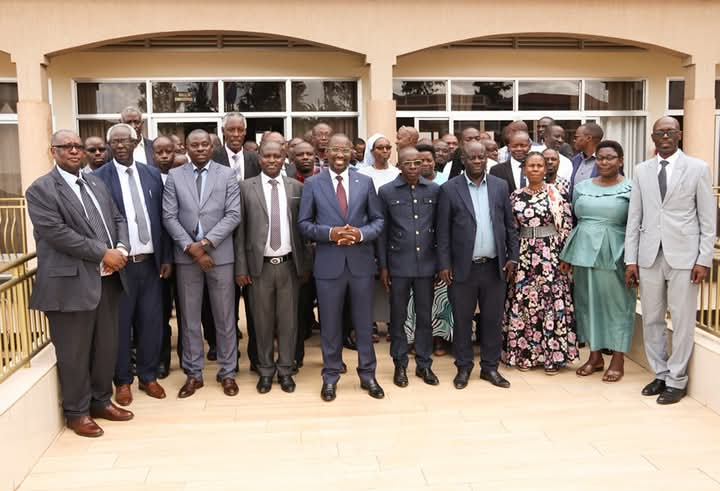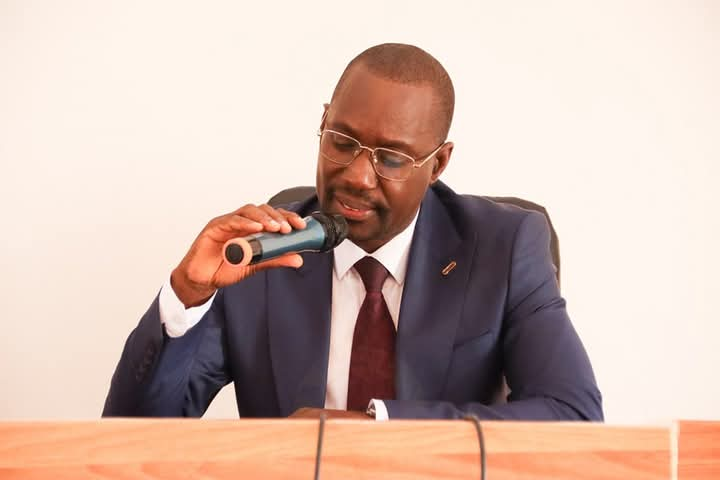GITEGA, February 17th (ABP) – The Ministry of National Education and Scientific Research organized since Thursday, February 13, 2025 in Gitega (political capital and center of Burundi), a two-day workshop with a view to enriching the evaluation report of the Burundian education system.
In his speech at the official launch of the workshop, the Minister in charge of National Education, Dr. François Havyarimana reminded the participants that education is the pillar of the country’s development and that quality education will contribute effectively to achieving the vision of Burundi, an emerging country by 2040 and a developed country in 2060.
Based on this, Minister Havyarimana said that there are complaints from the population related to the denigration of the Burundian education system, which is for the moment, according to him, a concern of the Ministry in charge of National Education to find sustainable solutions.
He recalled that since 2013, the Burundian education system has undergone several reforms from primary school to university by establishing the basic school, the post-basic school and the BMD system for higher education.
Minister Havyarimana pointed out that even if these educational reforms were necessary, there had been no in-depth studies to demonstrate the current state of the education system and to analyze the solid foundations to be promoted as well as the material to be renewed.
Presenting the analysis report of the education system of Burundi, the Director General of Curricula and Educational Innovations, Mr. André Nduwimana said that this system faces a multitude of challenges including the plethora of students in classrooms, the anarchic construction of schools and their equipment, the very high repeat rate and school dropouts, the poor performance of school officials, the movement of teaching staff, the deployment of teachers, the underemployment of inspectors and the use of volunteers due to the lack of teachers.
Mr. Nduwimana also pointed out that the time that students spend in school is significantly reduced while UNESCO recommends that students should study 1050 hours per year but that in Burundi it is almost half.

He did not forget to mention other challenges observed, including the lack of mastery of French, the language of instruction in Burundi, the discredited language section, scientific subjects taught theoretically, the lack of a logical sequence of teaching, the difficulties of teaching ICT, teachers who teach subjects not seen during their training course, to name but a few.
As proposed solutions, the commission that was set up by the ministry responsible for education suggested that there should be compliance with UNESCO standards, bringing back the 10th grade that was removed, and this to increase the learning time and skills of students, the removal of the section of Arts and Social Sciences, implementing the policy of controlling demographic pressure, respecting standards, investing in the construction and equipment of classrooms and the recruitment of teachers.
It is worth noting that in terms of initial teacher training, the commission proposed extending the training of 4th cycle teachers over four years, i.e. three years for disciplinary training and one year of pedagogical supervision, because, they pointed out, the disciplinary skills of IPA and ENS graduates are insufficient.

